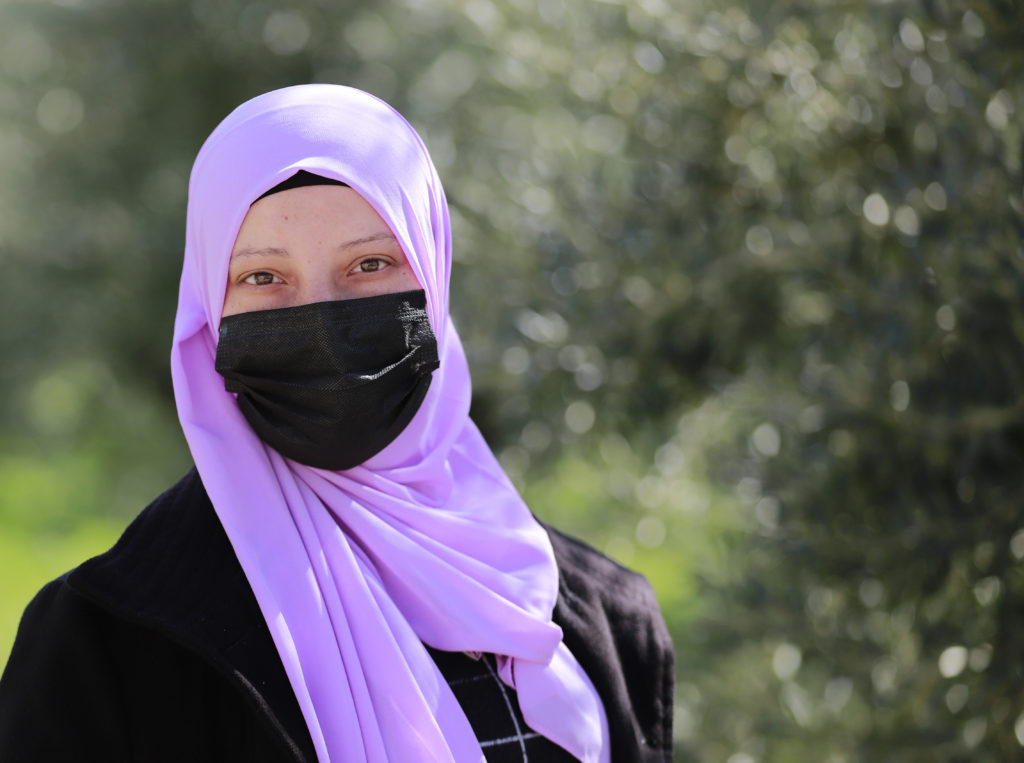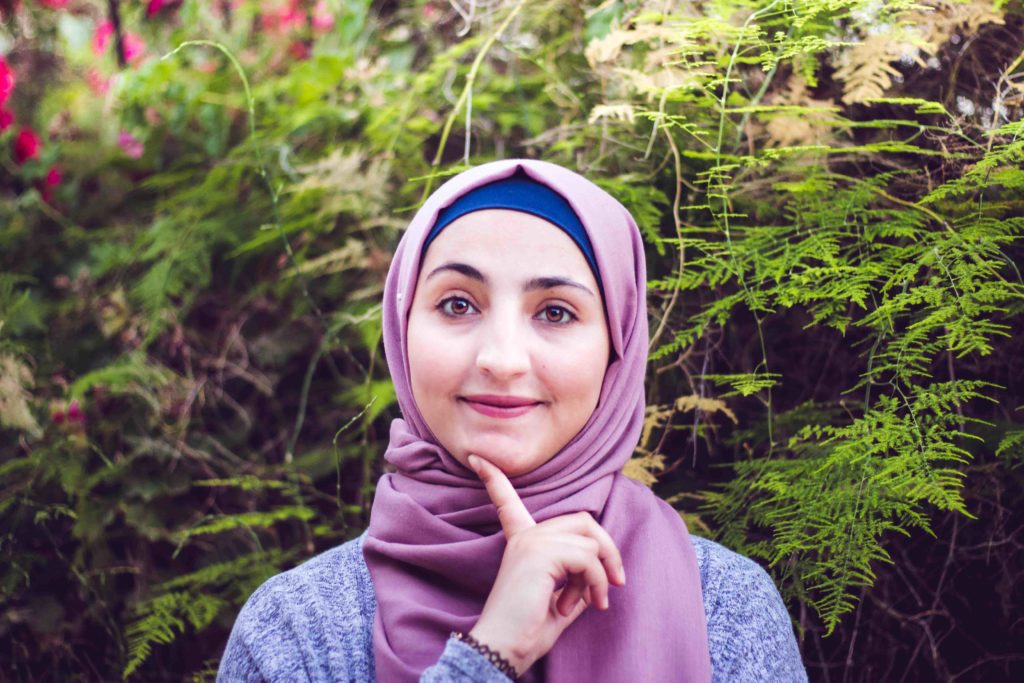May, 2012
When the principal of Tulkarem Orphanage Society (Dar Al-Yateem) announces a visit to the Laying Chicken Farm, all the kids are eager to board the bus to take them there.
The $19,000 income-generation project by Anera was launched in November, 2011 and has proved quite a success as well as a fun outing for the children. Anera prepared the chicken coop and provided the orphanage with 1,200 chickens. The farm is surrounded by a thriving olive grove, far from the noise and bustle of Tulkarem, in the northern West Bank.
“The idea was to offer these children of problematic backgrounds something to nurture and develop themselves, aside from it obviously being a source of food and minor profit,” explains Naser Qadous, Agricultural Projects Manager. “It is teaching them, especially the older kids, about responsibility and hard work.”
At the farm, the children, aged six to 18, got to work collecting the eggs and carefully placing them in cartons. In no time, the stack began to grow. Younger kids squirmed and giggled at the warm sensation in their hands from handling the freshly laid eggs and ducked quickly whenever the chickens fluttered their wings.
Amjad, a young man of 20, kept a careful eye on the children and guided them through the egg collection and stacking. Amjad came to Tulkarem as a child from a broken home and relied entirely on his grandmother. “Amjad has crossed over from loss to independence,” said Ra’fat Qab, the orphanage’s principal. “Now he takes care of his handicapped grandmother and serves her needs because he was strong enough to change his reality.”
Amjad has lived at the orphanage for 12 years and is currently taking a pipe manufacturing course, paid for by the orphanage. The farm is Amjad’s part time job. He visits daily to collect eggs and weigh them. “We produce around 34 cartons a day, with 30 eggs in each carton. Sometimes, I even sell eggs here at the farm to store owners and grocery shopkeepers who come to buy our eggs.” When he’s not working, Amjad loves playing soccer and table tennis at the orphanage.
“We have wonderful role models for the kids who have graduated from the orphanage and have stood out in their community and been able to pave their own road to success,” said principal Ra’fat Qab, proudly.
The Real Profit is in Nutritious Meals
The orphanage’s accountant Linda Baraka keeps track of all of the farm’s numbers. She says the farm now makes around 10,000 shekels a month ($2,600), which mostly pays for chicken feed, transportation, salaries and bills. “The real profit this project makes is providing a nutritious meal for the orphanage’s 71 kids three times a week,” she said. “The kids consume 450 eggs a week, so the farm helps cut the orphanage’s food expenses.”
Linda, a mother of four girls, has been working at the orphanage since 2000 and knows all the children and their conditions. “I leave my home in the morning to work at what I consider to be my second home. I give the children here their daily pocket money exactly like I give my own kids.”
Dar Al-Yateem Orphanage was established in 1961 to care exclusively for boys, address their basic needs and provide them with protection, health care and academic and vocational rehabilitation. Soon after, the institution was able to include girls in a separate building, and embrace all children in need of care, including those from broken homes.


